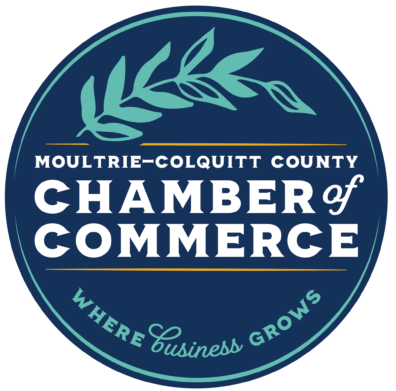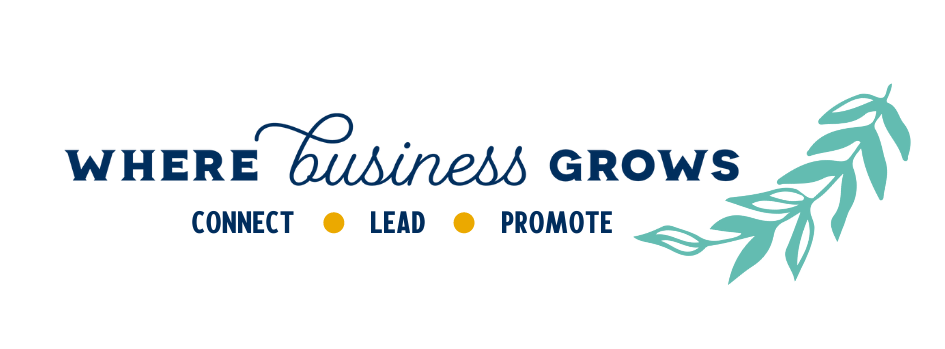It’s small business season and if you’re part of a small business you’re probably looking for ways to make the most of your Q4. While mega retailers and big business are slashing prices, that’s not the best way for you to be competitive. Small businesses often operate on smaller reserves and slashing prices to the point of taking a loss decreases the revenue you’re bringing in. You need something that builds on connections. That’s the small business superpower.
One of the best ways to do this is through an e-mail nurture campaign. To accomplish this, you need an e-mail list. Ideally, you already have a list of past customers. If you don’t, start collecting emails immediately. After all, it’s much easier (and cheaper) to sell to someone who has purchased from you before than it is to influence a potential buyer for the first time.
In this article, you’ll learn how to create an e-mail nurturing campaign that will reengage past customers. With e-mail marketing you can schedule emails to “autofire” and send based on a schedule and/or actions. For instance, if the recipient opens your e-mail and clicks on the link, the next e-mail they receive will be different than if they had not opened it.
Use the following formula to create your own email nurture campaign for past customers.
The first e-mail in your e-mail series will reestablish the relationship you had with this past customer. Using your business tone, craft a message that tells the recipient, “it’s been a while. We miss you. Here’s what’s new in our business.” Make sure you include why they should care. Speak to what’s in it for them.
Other options include an end-of-year thank you message, a summary of the year, or a project that helps you shine. For instance, “In 2022, we donated 543 bags of dog food and here are some pictures from our happy shelter friends who seem to be enjoying the food.”
Set the next e-mail to hit a couple of days after the first.
Tell your recipients a story about something that impacted you recently. Then give them a treat. For instance, you could share a story about gratitude or family. (These are especially welcome during the holiday season.) Then offer the email recipient a download that ties into your story. A good way to do this is to talk about what you’re thankful for such as your loyal customers. Offer them a free gift-giving guide or create a helpful download based on what you sell such as a “Cooking with wine recipe e-book,” if you sell wine.
Allow them to claim their “gift” by clicking a button. This requires them to act. Then you can see who clicked on the code and who didn’t.
Set the next e-mail to hit a couple of days after the first. Because you created a clickable link in your last e-mail, you now have record of who clicked and who didn’t. At this point you could segment the clickers from the non-clickers and create a tailored e-mail for each. But you don’t have to. You could also just send the same e-mail.
Continue telling more of your story. This could be a continuation of the feel-good story in e-mail #2 or it could be building on the theme but with a different story. You could also talk about your “why.”
Invite them to stay connected with you somewhere else like a specific social media platform or invite them to an event you’re hosting. The point here is to extend an additional invitation and keep them connected.
If you’ve segmented your e-mail based on who clicked and who didn’t, add a line about the freebie you offered hoping that they enjoyed it to those who opened. To those who didn’t open, offer them the freebie again with some language around “not sure if you saw this” or “in case you missed it, it’s still available here…” and additional language why the freebie would make their lives easier or interest them.
Give your past customers a reason to spend with you again this holiday season. Perhaps you’re hosting a special event with discounts. Maybe you’re rolling out a loyalty program. Whatever the special is, make sure they know about it and use language that ensures they feel like a VIP. They’re receiving a special invitation because they are your very valued past customers. That messaging can go a long way from moving someone from the passive state of reading an e-mail to actively buying.
In this e-mail, you also want to give them another opportunity to buy from you in case they can’t make your event. For instance, invite them to explore your website and purchase online. If you don’t have E-commerce on your website, consider sharing your items through social media and encouraging people to call or e-mail you with orders.
When creating e-mail nurture campaigns for small business season, remember what makes your business special. You want to focus on the experience and the feeling that buying local provides. Big business can offer deep discounts. Small business can offer memories of a joyful holiday season. That seems like a pretty great way to stand out.
Christina Metcalf is a writer/ghostwriter who believes in the power of story. She works with small businesses, chambers of commerce, and business professionals who want to make an impression and grow a loyal customer/member base. She loves road trips, hates exclamation points, and believes the world would be a better place if we all had our own theme song that played when we entered the room. What would yours be?
_______________________________________
Twitter: @christinagsmith
Facebook: @tellyourstorygetemtalking
LinkedIn: @christinagsmith
Article courtesy of: frankjkenny.com
11.13.22

